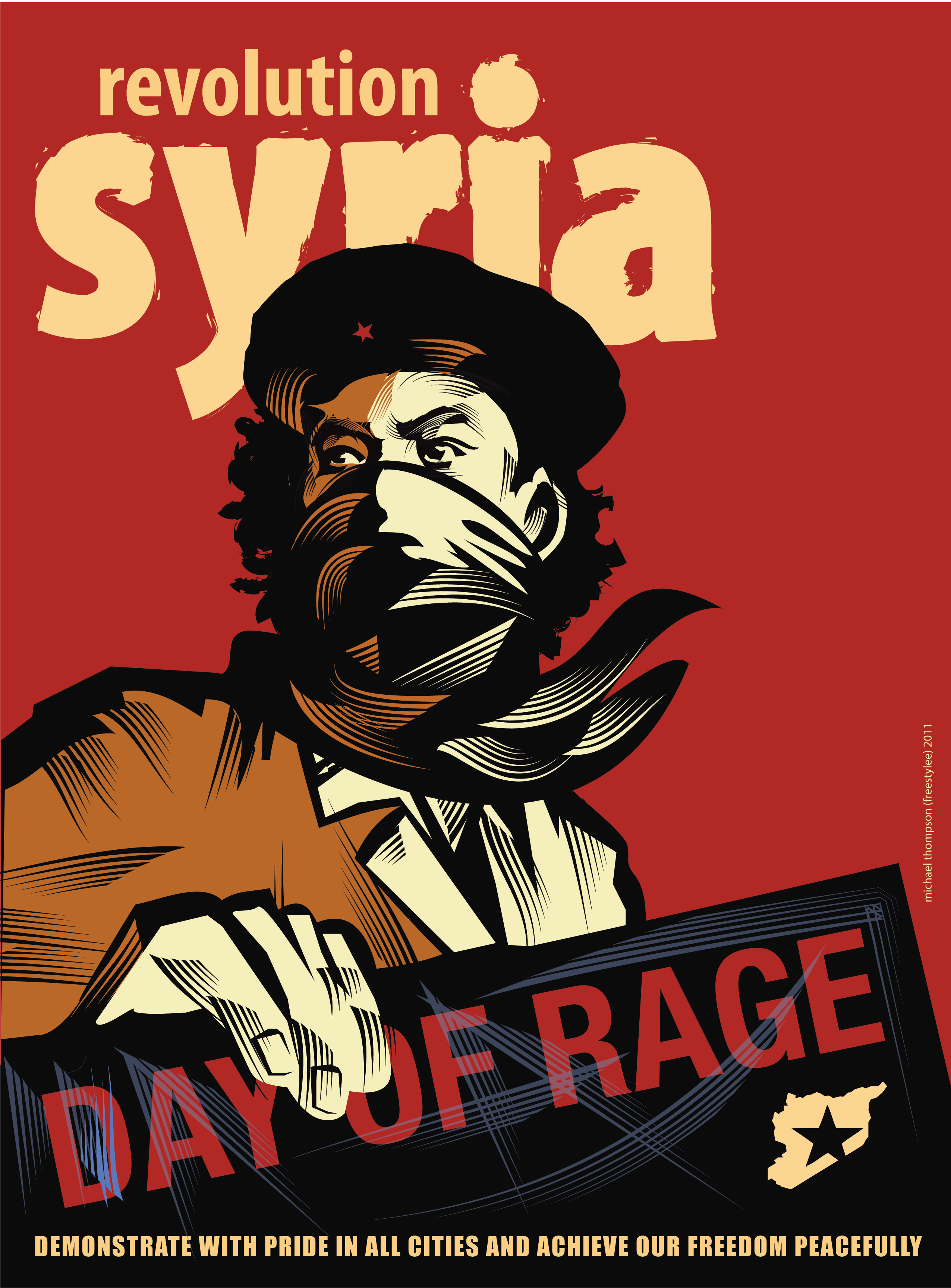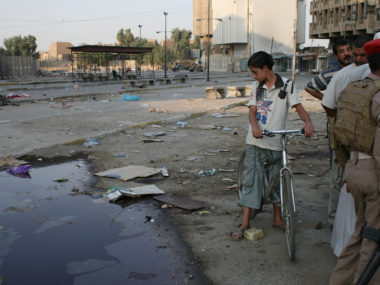I just finished reading Richard Thaler’s excellent new book Misbehaving: The Making of Behavioral Economics. It is a thoroughly entertaining account of his intellectual evolution as a founder of behavioral economics. A crucial part of the book is Thaler’s discussion of the backlash he received when he began to question the underlying assumption of economic theory. In traditional economic theory humans are assumed to behave like selfish utility-maximizers. Thaler and his co-behavioralists marshaled an impressive amount of empirical evidence that went against this central assumption. They showed that humans have other motivations beyond selfishness (e.g. fairness) when making economic decisions.
The behavioral model outlined by Thaler is increasingly accepted in mainstream economic circles. Yet, the opposition he and others faced for trying to more accurately describe human economic behavior is informative for recent debates on political violence. There is currently a heated discussion about the respective roles that ideology and strategic factors play in the behavior of ISIS’s leaders and its fighters. Explanations for ISIS’s behavior, and for political violence more generally, usually fall into two camps. The rationalist camp argues that violence is used for strategic purposes. People participate – and leaders use violence – when the benefits to violence exceed the costs. The rationalists also assume that leaders are cold, calculating strategists who seek to increase or maintain their power. Conversely, the psychological camp argues that political violence is better explained by emotional grievances, in defense of sacred values, or out of ethnic or religious hatred.
The divide between rational or psychological explanations for political violence is a false one. Insurgents and groups in political violence use money, promised protection, and other “rational” incentives to get people to participate. Opportunity also plays a large role. Economic shocks and poverty are good predictors of the onset of political violence and who ends up participating. Tactically, groups such as ISIS may seek to spoil any kind of rapprochement between more moderate groups and intentionally foment a backlash.
Rational incentives and motives are important, but so are psychological motives. Emotions are powerful tools. Fear and anger have the ability to rally individuals to a cause despite the risk. Brutal tactics can engender fear and be used to intimidate rival groups or challengers. Sacred values have the capacity to motivate people to make large sacrifices on behalf of their group. They also may make people less willing to be “bought off.” Being exposed to violence, or actually perpetrating it, strengthens group cohesion. It also lowers restraint against subsequent violence.
The failure to comprehend the complementary role of rational and psychological motivations results in an incomplete model of political violence. Political entrepreneurs use emotions strategically to both recruit insurgents and to polarize society for their benefit. Providing a salient cause to rally around, in tandem with benefits for participation, can motivate people to fight. Ideology and group identity is one solution to the difficult problem of maintaining cohesion and preventing defection that can hobble insurgent groups. Elaborate and time-consuming group rituals, hardline religious practices, and high financial costs of joining can further screen out the less committed. Groups and leaders may use certain brutal tactics or cultivate a reputation of brutality as a psychological weapon against rivals and those who would challenge them. But they may also use it as a way to further ensure internal group cohesion.
The interplay between psychological and strategic factors is crucial to understanding the groups and individuals engaged in political violence. For example, only focusing on ISIS’s ideology and their sacred values misses the importance that the group places on its protection rackets and oil resources for financial sustainability. Conversely, only focusing on ISIS’s “carrot and stick” strategy to win over Sunni tribes misses the widespread discrimination and threat that Sunnis in both Iraq and Syria faced from their incumbent governments.
Incorporating psychological and rational theories will help scholars and policymakers better understand what motivates insurgents, why some participate and others don’t, and why they choose certain tactics.







6 comments
Enjoyed this post very much. I wonder where, if anywhere, there’s discussion about the physiological component of political violence. I wonder, too, how interesting war would be without the adrenaline jolt that comes from holding a gun, feeling its power, connecting to the destruction that it and all other forms of weaponry cause. I would imagine the body’s reaction makes for a high that is hard to replicate with anything else but more weaponry. Warring has addictive properties.
A good question, although not a discussion i recently used this article on physiological/psychological factors in civil violence in a piece of work, and i found the cycle of civil violence on page 152 particularly insightful given the year of writing http://www.uky.edu/~clthyn2/PS439G/readings/gurr_1968.pdf
Thanks for the link, I perused the Garr article and see that it’s a broad survey of the frustration-aggression spectrum but it didn’t have what I was looking for…namely a discussion about war’s effect upon the body of a weapon-using soldier, the physiological rather than psychological effects. But I will keep looking for that information elsewhere. Cheers
This is not perfect, but it is a good summary of the psychological effects of participating in violence http://static1.squarespace.com/static/5186d08fe4b065e39b45b91e/t/54317f39e4b0885af1abf26f/1412529977077/LittmanPaluck_CycleOfViolence_Advances+%281%29.pdf and this may be closer to what you are looking for https://books.google.com/books?hl=en&lr=&id=v-_6PKi6Bk0C&oi=fnd&pg=PP1&dq=physiological+effect+of+combat+soldiers&ots=sdcetEKR_j&sig=eyDEjtt0Q6MLd7AKGfqJJXZvEKM#v=onepage&q=physiological%20effect%20of%20combat%20soldiers&f=false
Thanks very much, I appreciate the links and will peruse them.
Great stuff Thomas. Thanks for putting together such a concise and insightful primer.